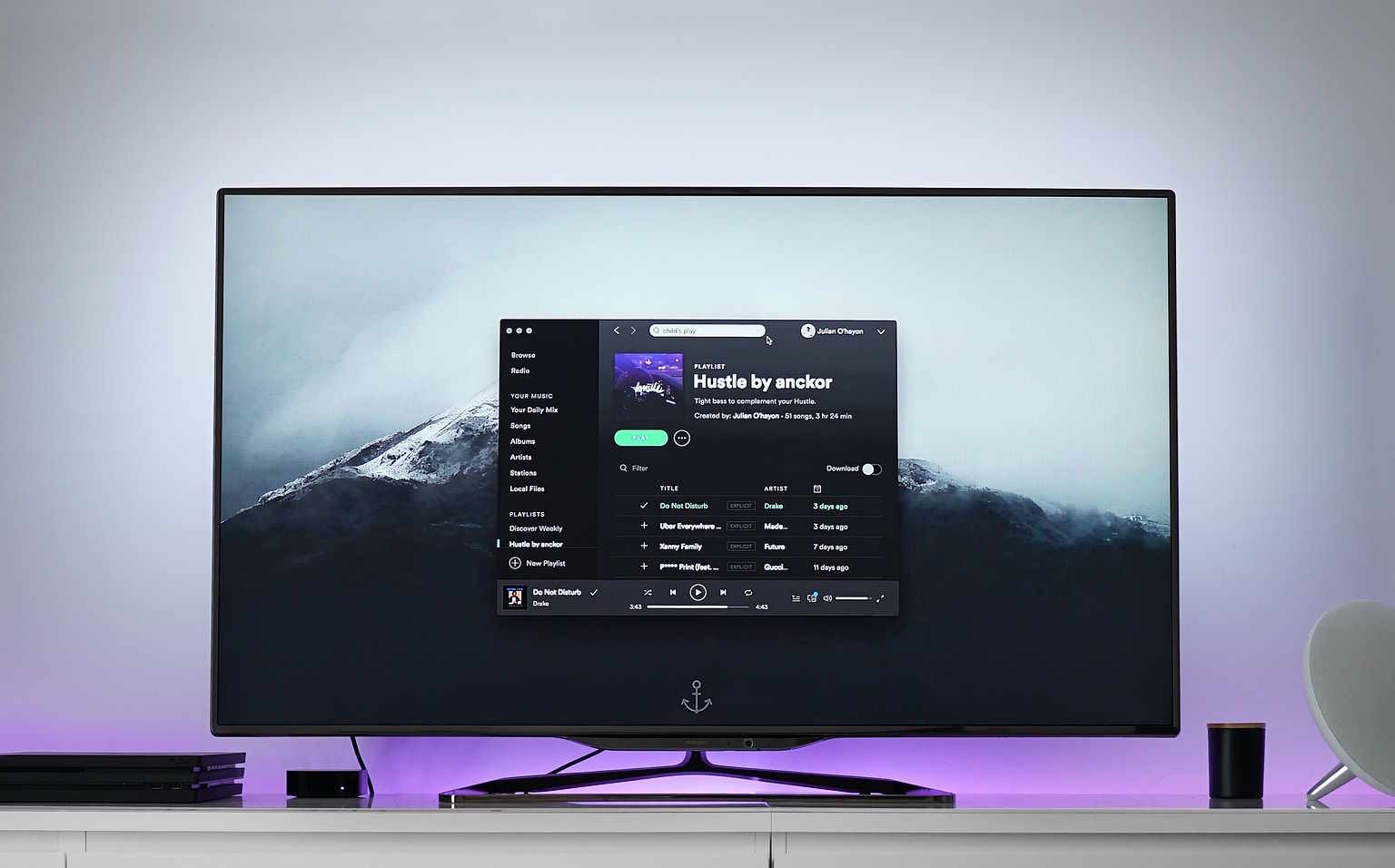The Intricacies of the Qualified Immunity Doctrine
Qualified immunity is a legal principle that has been at the forefront of numerous discussions in recent years. This doctrine, which shields government officials from being held personally liable for constitutional violations, has significant implications for law enforcement and civil rights. Read below to delve deeper into the intricacies of this complex legal doctrine.

Understanding the Basics of Qualified Immunity
Qualified immunity is a legal doctrine established by the Supreme Court in the 1960s. It was designed to protect government officials, particularly law enforcement officers, from frivolous lawsuits. The doctrine provides immunity to officials who violate a person’s constitutional rights, as long as those rights were not “clearly established” at the time of the violation.
The Controversy Surrounding Qualified Immunity
The doctrine of qualified immunity has been the subject of intense debate. Critics argue that it shields law enforcement officers from being held accountable for their actions, even when they violate a person’s constitutional rights. On the other hand, proponents maintain that it is necessary to protect officers who must make split-second decisions in high-pressure situations.
The Impact of Qualified Immunity on Civil Rights Cases
Qualified immunity can have a significant impact on civil rights cases. It often serves as a barrier to justice for victims of police misconduct, as it can be difficult to prove that an officer violated a “clearly established” right. This has led to calls for reform or even the abolition of the doctrine.
The Future of Qualified Immunity
The future of qualified immunity is uncertain. Some legal experts and lawmakers are advocating for its reform or abolition, while others argue that it is necessary to protect law enforcement officers from frivolous lawsuits. The Supreme Court has shown reluctance to revisit the doctrine, but pressure from the public and lawmakers may eventually lead to changes.
Qualified Immunity in the Broader Context of Police Reform
Qualified immunity is just one aspect of the broader conversation about police reform. Other issues, such as the use of force, racial profiling, and police accountability, are also critical components of this discussion. Any meaningful reform will likely need to address these issues in addition to qualified immunity.
- Qualified immunity was established by the Supreme Court in the 1960s.
- The doctrine protects government officials from being held personally liable for constitutional violations.
- Critics argue that qualified immunity shields law enforcement officers from accountability.
- The future of qualified immunity is uncertain, with calls for its reform or abolition.
In conclusion, qualified immunity is a complex and controversial legal doctrine. While it was designed to protect government officials from frivolous lawsuits, critics argue that it often shields law enforcement officers from being held accountable for their actions. As discussions about police reform continue, the future of qualified immunity remains uncertain.






